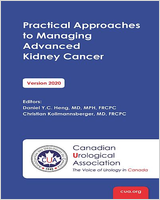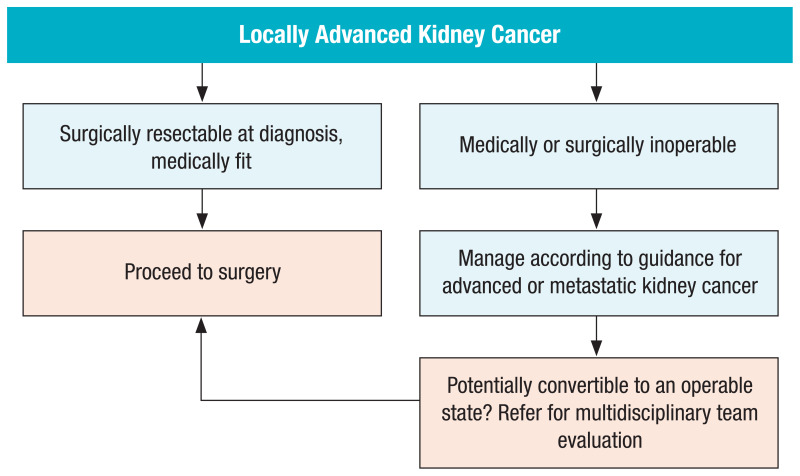This work is subject to copyright. All rights are reserved by the publisher, whether the whole or part of the material is concerned, specifically the rights of translation, reprinting, reuse of illustrations, recitation, broadcasting, reproduction on microfilms or in any other physical way, and transmission or information storage and retrieval, electronic adaptation, computer software, or by similar or dissimilar methodology now known or hereafter developed. Exempted from this legal reservation are brief excerpts in connection with reviews or scholarly analysis or material supplied specifically for the purpose of being entered and executed on a computer system, for under the provisions of the Copyright Law of the Publisher’s location, in its current version, and permission for use must always be obtained from the Canadian Urological Association (CUA). Permissions for use may be obtained directly through CUA Corporate Office, contact Denise Toner at gro.auc@renot.esined; or through Copibec, Société québécoise de gestion collective des droits de reproduction, 606 Cathcart, Suite 810, Montreal (Québec) Canada H3B 1K9; Tel: (514) 288-1664 or 1 800 717-2022 (toll free). Violations are liable to prosecution under the respective Copyright Law.
The use of general descriptive names, registered names, trademarks, service marks, etc., in this publication does not imply, even in the absence of a specific statement, that such names are exempt from the relevant protective laws and regulations and therefore free for general use.
This is an open access article distributed under the terms of the Creative Commons Attribution License, which permits unrestricted use, distribution, reproduction and adaptation in any medium and for any purpose provided that it is properly attributed. For attribution, the original author(s), title, publication source (PeerJ) and either DOI or URL of the article must be cited.


